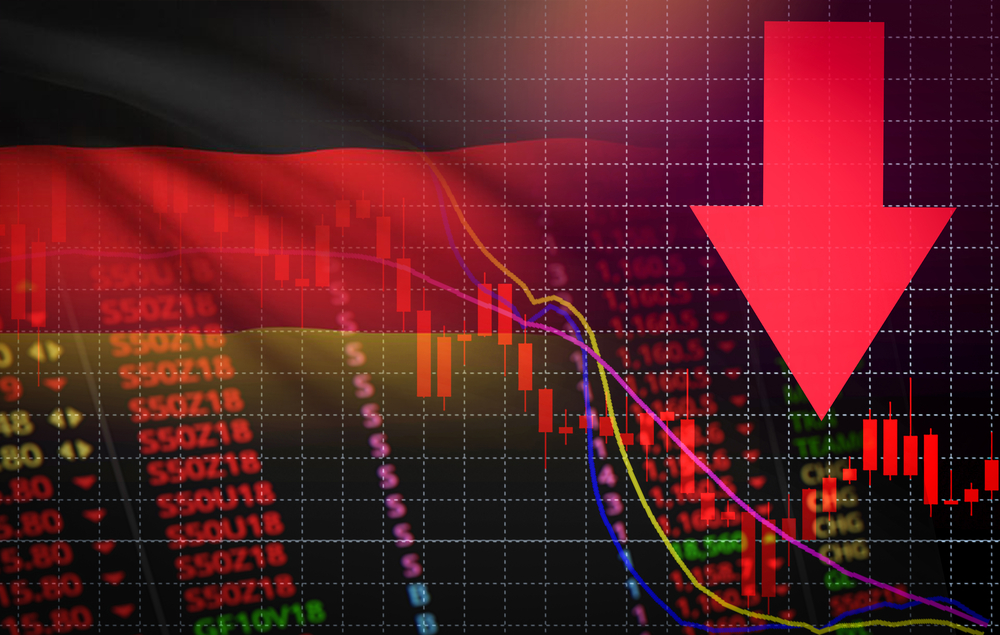European stock markets plunge due to US banking crisis
This Friday, March 24, European markets lost heavily due to growing concerns about the financial health of European banks, whose shares fell sharply.
Earlier this month, global markets were hit hard by the collapse of three US financial institutions, including Silicon Valley Bank.
A wave of stock losses forced Swiss authorities to buy Credit Suisse from rival UBS to appease investors after a tumultuous week.
But this Friday, the European markets opened with losses and reinforced the trend of activity. The Paris Stock Exchange lost 2.15%, London – 1.87%, Frankfurt – 2.15%, Milan – 2.46% before noon.
The markets have already been falling, but they have not yet hit bottom to collapse the world economy
European stock markets have been volatile and changeable over the past week, with daily fluctuations in response to various factors including developments in the pandemic, inflation, and economic and political news. In general, there have been movements up and down in stock indices, including the IBEX, the FTSE 100, the CAC 40 and the DAX.
For example, some days there were slightly higher closes, while on others there were significant losses, such as in the case of the financial sector due to the collapse of Deutsche Bank. In addition, the price of energy has also been a relevant factor in the fluctuations of the European stock markets, since there have been considerable variations depending on supply and demand.
In summary, European stock markets have been volatile over the past week and have been affected by a number of changing factors, leading to daily fluctuations in stock indices.
Fear daily in the Financial Markets around the world.
Financial markets are very sensitive to events in the economy and in companies, so the failure of Silicon Valley Bank (SVB) had a significant impact on investor sentiment. It is common for an event like this to generate widespread fear in financial markets, known as a panic.
Panic can lead investors to sell their assets in large quantities, which in turn can affect the value of companies’ shares and the economy as a whole. In the case of the SVB, its bankruptcy had a significant impact on investor confidence, especially those in the technology industry.
However, it is important to note that the bankruptcy of the SVB was not the only event that caused fear in financial markets during the 2008 financial crisis. There were a number of factors and events that contributed to the market downturn and financial instability, including the mortgage crisis, the lack of adequate regulation and supervision by the government, and the lack of transparency in the financial markets.
In short, the bankruptcy of the SVB generated widespread fear in financial markets, which contributed to economic instability during the 2008 financial crisis.
The Origin, The bankruptcy of Silicon Valley Bank
The US banking crisis related to the failure of Silicon Valley Bank (SVB) occurred in the context of the 2008 global financial crisis. At that time, the SVB was a very important bank in the technology market and had been affected by the burst of the tech bubble that occurred in 2000. Unfortunately, this time it could not recover, and it collapsed in 2008 due to the global financial crisis. .
The impact of the bankruptcy of the SVB was significant, since many clients (technology communities, innovators and startups) were left without the bank in which they deposited their funds and without access to financing for their projects. Furthermore, the bankruptcy of the SVB was one of many that occurred during the financial crisis, leading to a major loss of confidence in the US banking and financial system.
In short, the failure of Silicon Valley Bank (SVB) was one of many events that contributed to the 2008 US banking and financial crisis, and it had a significant impact on the country’s tech community.
